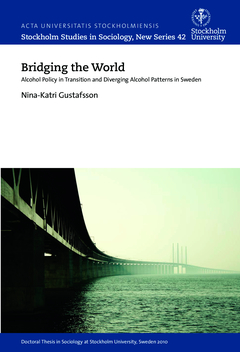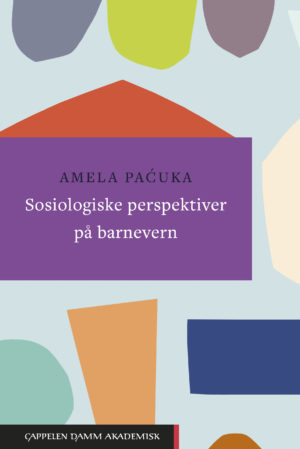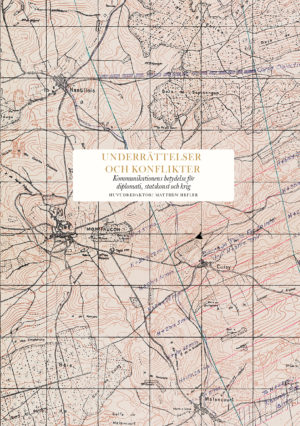What happens to alcohol consumption and alcohol-related consequences when the availability of cheaper alcohol increases? The availability increased as Sweden gradually adapted its traveller's allowances to the European Union standard. This made it easier to buy larger amounts in e.g. Denmark and Germany, where alcohol prices are lower. Additionally, Denmark decreased the tax on spirits, decreasing prices further. The economic literature has a clear expectation; linking demand to price, people are expected to buy and consume more when alcohol becomes less expensive. The present dissertation studied the effects of these rational incitements - increased availability and lower price - on purchasing and consuming more alcohol and thus experiencing more alcohol-related consequences, but found that the people expected to take most advantage of these changes did not behave as predicted. At the same time, people further away from the border increased their consumption. Thus, there are many factors affecting people's decisions and changing patterns, some of which are discussed here. Nina-Katri Gustafsson is a sociologist. Her doctoral work was on alcohol patterns and alcohol-related consequences in relation to policy changes. The work was carried out at the Centre for Social Research on Alcohol and Drugs (SoRAD), Stockholm University.







